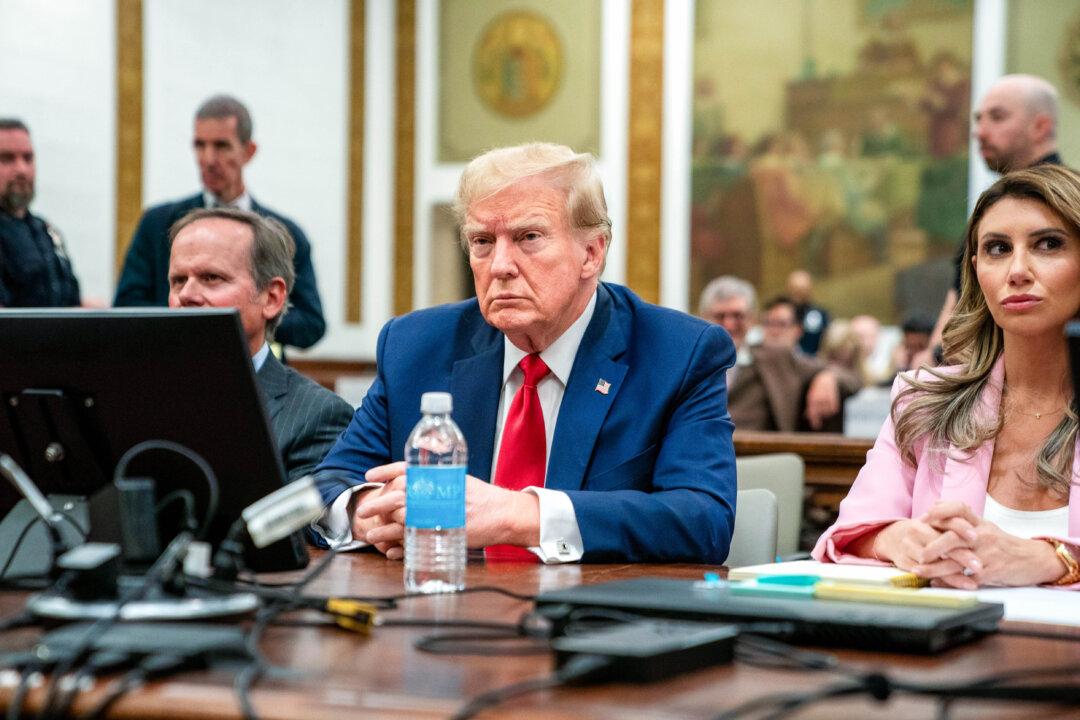Former President Donald Trump was allowed five minutes to make his own case in the courtroom at the conclusion of his New York civil fraud trial on Jan. 11, after the presiding judge set limits and conditions on any speech the former president might give in court.
“Your honor, the financial statements were perfect,” President Trump said. “The banks got all their money back, the banks are happy as can be.






